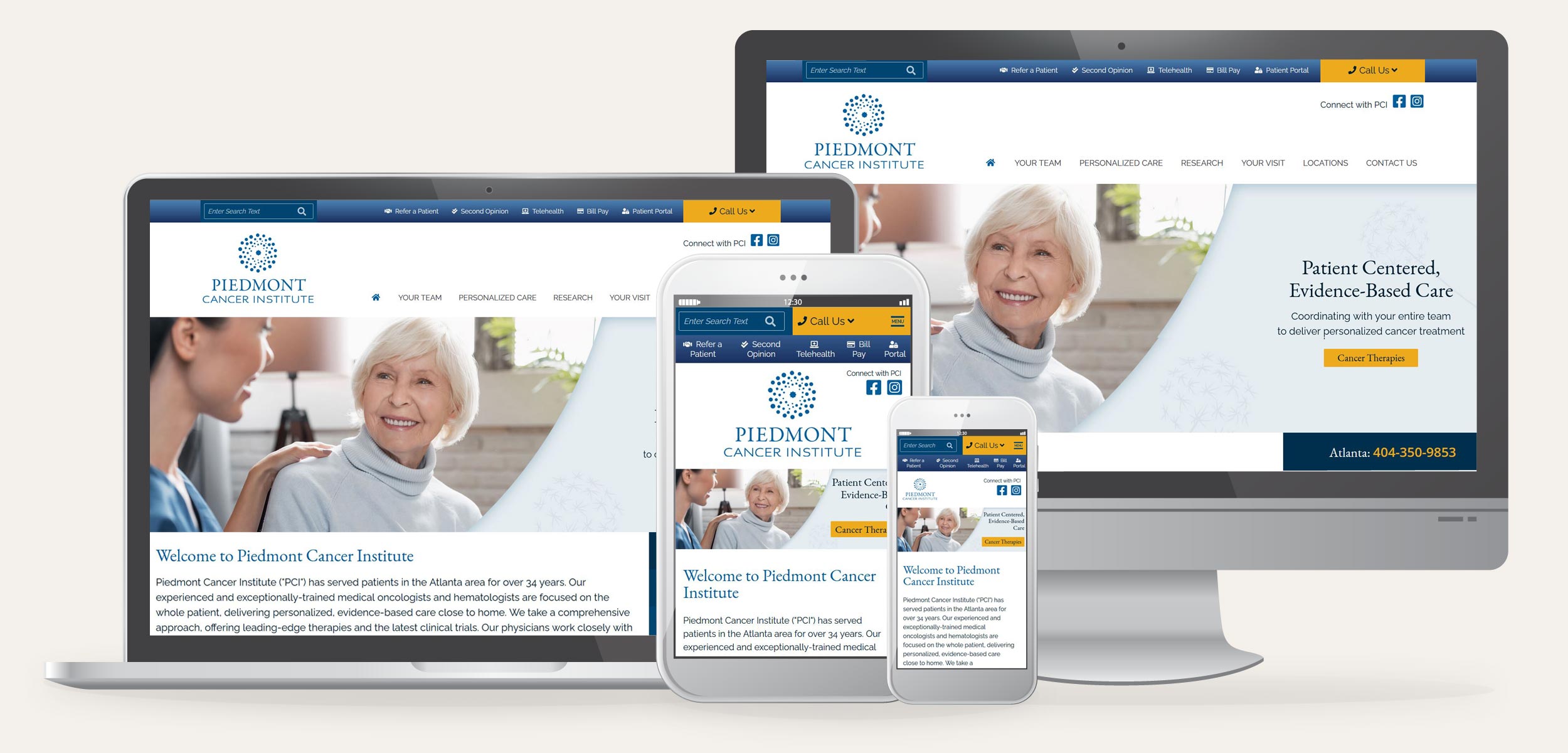Medical & Healthcare Marketing and Website Design
1. Medical & Healthcare Website Design
Key Features for Healthcare Websites:
- Professional and User-Friendly Design:
- Clean layout with soothing colors to inspire trust and comfort.
- Easy navigation with clear menus for services, doctors, and appointments.
- Appointment Scheduling:
- Online booking forms with calendar integration.
- Real-time appointment availability display.
- Service Pages:
- Detailed descriptions of medical services (e.g., specialties, treatments).
- Separate pages for clinics, hospitals, or specific practices.
- Doctor Profiles:
- Bios, qualifications, specialties, and patient reviews for each doctor.
- Patient Portal Integration:
- Secure login for medical history, reports, and prescription access.
- Mobile Responsiveness:
- Optimized for all devices, ensuring usability on smartphones and tablets.
- HIPAA-Compliant Security:
- SSL certificates, encrypted data, and adherence to privacy regulations.
- Educational Blog:
- Articles on health tips, disease prevention, and FAQs to attract organic traffic.
Platform Recommendations:
- WordPress: Use themes like MediCenter or HealthFlex.
- Shopify: Ideal for medical e-commerce (selling products like health devices).
- Custom Solutions: For hospitals or multi-location clinics needing unique features.
2. Medical & Healthcare Marketing
Marketing Channels:
- Search Engine Optimization (SEO):
- Optimize for local SEO with location-specific keywords.
- Use keywords like “best cardiologist near me” or “top pediatric clinic in [city].”
- Pay-Per-Click (PPC) Advertising:
- Google Ads for targeting patients searching for specific services.
- Retargeting campaigns to convert website visitors into patients.
- Social Media Marketing:
- Share patient testimonials, health tips, and clinic updates.
- Leverage Instagram and Facebook for engaging visuals and reels.
- Content Marketing:
- Publish blogs on common health issues, remedies, and prevention.
- Create YouTube videos on health awareness and doctor interviews.
- Email Marketing:
- Send newsletters with health tips, promotions, or seasonal reminders (e.g., flu shots).
- Automate reminders for follow-up visits and checkups.
- Influencer Partnerships:
- Collaborate with health and wellness influencers to promote services.
- Reputation Management:
- Actively encourage reviews on Google My Business, Healthgrades, and Yelp.
3. Marketing Plan and Strategies
Step-by-Step Plan:
- Research & Audience Targeting:
- Understand your patient demographics (age, location, health needs).
- Segment services for families, seniors, or chronic illness patients.
- Local Outreach:
- Optimize Google My Business listing for maximum visibility.
- Use geo-targeted ads to attract local patients.
- Engage with Patients:
- Host free webinars or live Q&A sessions on trending health topics.
- Share patient success stories to build trust.
- Promotions:
- Offer discounts on health checkups or consultations.
- Promote seasonal services like flu vaccines or allergy treatments.
- Measure and Improve:
- Track campaign performance using Google Analytics and social media insights.
- Refine campaigns based on data like click-through rates and conversion rates.
4. Results to Expect
- Increased Patient Bookings:
- Boost appointments by 30% through optimized SEO and online booking.
- Higher Website Traffic:
- Achieve a 50% increase in visits through content and PPC campaigns.
- Stronger Online Presence:
- Build trust with consistent social media engagement and reviews.
- Improved Brand Authority:
- Position the practice as a healthcare leader in the local community.
- Revenue Growth:
- Generate 40% more revenue by targeting high-demand services and retaining patients.

